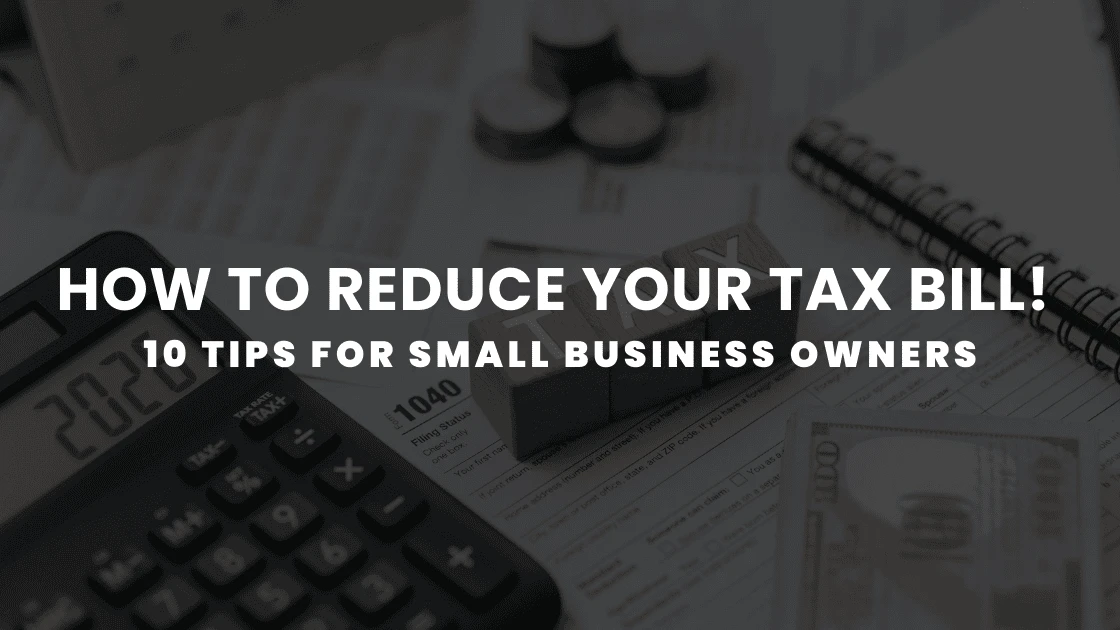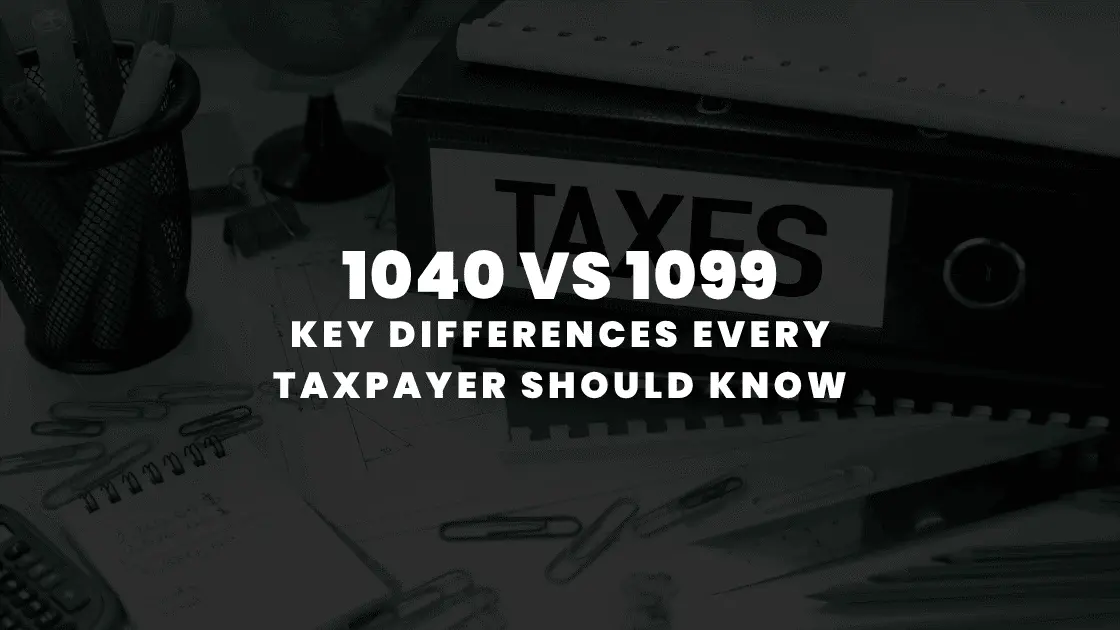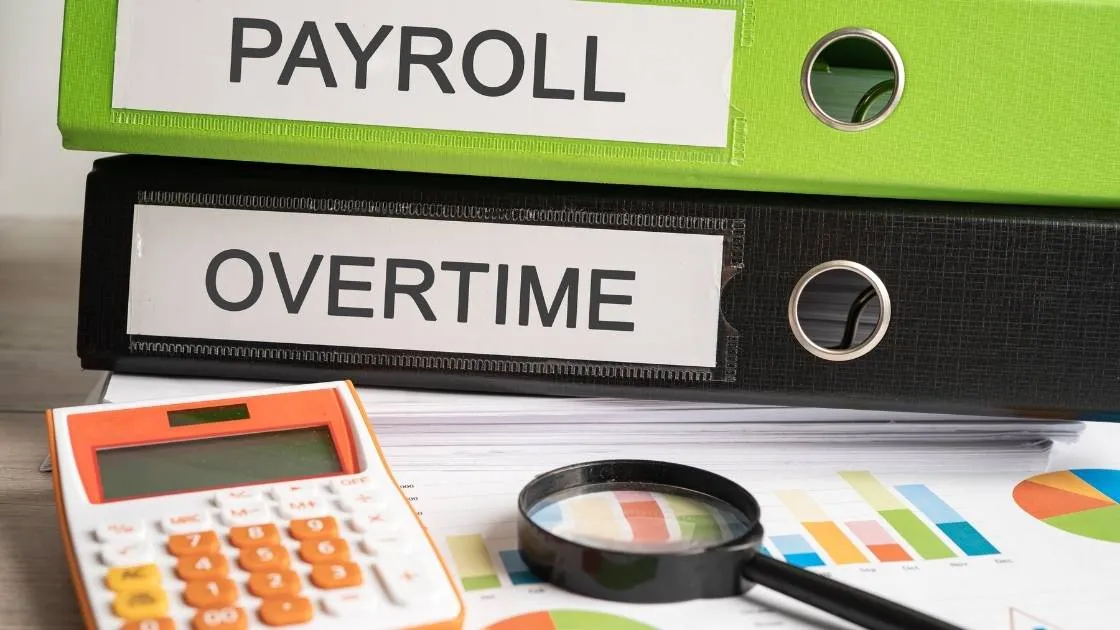February 10 2025 | By Farwah Jafri | 7 minutes Read

Understanding Your Tax Obligations as an Amazon Seller
Amazon FBA Taxes – What You Need to Know
Key Things to Consider:
Tracking Your Income and Expenses Like a Pro
Understanding Your Tax Deductions (AKA Keeping More Money!)
Common Deductions to Look Out For:
The Importance of Quarterly Estimated Taxes
Why Pay Quarterly Taxes?
How Much Should You Pay?
When Are Payments Due?
Avoiding Common Tax Mistakes as an Amazon Seller
1. Failing to Register for Sales Tax
2. Misclassifying Your Business Structure
3. Not Collecting Sales Tax Properly
4. Ignoring Marketplace Facilitator Laws
5. Poor Record-Keeping
6. Overlooking Deductible Expenses
7. Missing Quarterly Estimated Tax Payments
8. Not Seeking Professional Help
Tools and Resources to Make Your Life Easier
Get Ahead of the Game!
Taxes, Ugh! Let’s make it easy!
Ah, tax season. That magical time of year when Amazon sellers everywhere collectively sigh and scramble to gather receipts, crunch numbers, and pray they didn’t miss any deductions. But don’t worry—we’ve got your back!
Whether you’re a seasoned pro or a newbie just trying to figure out where to start, this guide will help you navigate the world of Amazon FBA taxes with ease.
Before diving into deductions and fancy tax strategies, let’s get the basics straight. If you’re selling on Amazon, you have tax obligations—period. These include:
Not the most fun part of selling, but hey, knowledge is power!
If you’re using Fulfillment by Amazon (FBA), taxes can get tricky. Why? Because Amazon has warehouses all over the country, meaning your inventory might be stored in multiple states, each with its own tax rules.
Nexus Nightmares – When your inventory is stored in a state, you might have a “nexus,” meaning you’re required to collect sales tax there. Amazon provides reports, but it’s up to you to keep track.
Amazon’s Marketplace Facilitator Tax – In many states, Amazon collects and remits sales tax on your behalf. Yay! But you still need to report it properly.
State Income Taxes – Selling in multiple states? Some states might expect a share of your profits. (Cue dramatic music.)
Keeping solid records is key to making tax season a breeze. Here’s what you should track:
Tracking all of this isn’t fun, but tools like QuickBooks, TaxJar, or even a well-organized spreadsheet can be lifesavers.
Nobody wants to pay more taxes than necessary. As an Amazon seller, you have several tax deductions available that can help reduce your taxable income and maximize your profits.
Home Office Deduction – If you have a dedicated space in your home used exclusively for business, you can deduct a portion of rent, utilities, and internet.
Mileage Deduction – If you use your personal vehicle for business purposes (e.g., picking up inventory, meeting with suppliers), track your miles and claim the standard mileage deduction.
Software & Subscriptions – Tools like QuickBooks, Helium 10, and TaxJar help manage your business and are deductible.
Advertising & Marketing – Running Amazon PPC campaigns or using social media ads? Those costs are fully deductible.
Education & Training – If you invest in courses, books, or training that enhance your business skills, those expenses are deductible.
Professional Services – Hiring a tax professional, consultant, or lawyer to help with your business? Those fees count as deductions.
Storage Fees – Any fees paid to Amazon for inventory storage or third-party storage services are deductible.
The key to making the most of your deductions is keeping clear records and saving receipts. Every little bit helps!
Many new sellers get caught off guard when they realize they owe a hefty tax bill in April. Avoid this by paying quarterly estimated taxes throughout the year.
As an independent business owner, you don’t have an employer withholding taxes from your paycheck. This means you’re responsible for paying taxes as you earn throughout the year.
The IRS provides a worksheet to estimate your quarterly payments, but a general rule of thumb is to set aside 25-30% of your profits for taxes. You can also use tax software or hire an e-commerce accountant to help calculate.
If you underpay your taxes, you may face penalties, so it’s better to estimate conservatively.
Selling on Amazon can be a profitable venture, but managing taxes properly is crucial to staying compliant with tax laws and avoiding penalties. Many sellers, especially new ones, make mistakes that can lead to audits, fines, or unnecessary stress. Here are some common tax mistakes Amazon sellers make and how to avoid them.
One of the most common mistakes is neglecting to register for sales tax in states where you have a tax obligation. With Amazon’s Fulfilled by Amazon (FBA) service, your inventory may be stored in multiple states, which can create tax nexus in those states. It’s essential to determine where you have a tax nexus and register for a sales tax permit in those states.
Choosing the wrong business structure can have significant tax implications. Many Amazon sellers start as sole proprietors, but as their business grows, switching to an LLC or S-corporation may offer tax advantages.
An LLC provides liability protection, while an S-corp can help reduce self-employment taxes. Consulting with a tax professional can help you choose the best structure for your business.
Even if you register for sales tax, failing to collect it correctly is another major pitfall. Some sellers forget to set up sales tax collection in their Amazon Seller Central account, leading to out-of-pocket tax payments later. Ensure that your account is configured to collect the appropriate sales tax in the states where you have nexus.
Several states have enacted marketplace facilitator laws, which require Amazon to collect and remit sales tax on behalf of sellers. However, this does not eliminate the need to file sales tax returns in some states. Sellers must understand their ongoing filing responsibilities and confirm that Amazon is collecting tax correctly.
Accurate record-keeping is essential for tax compliance. Many sellers fail to track their income, expenses, and deductions properly, which can lead to errors during tax filing. Use accounting software like QuickBooks or Xero to maintain organized records of sales, fees, shipping costs, and other expenses.
Amazon sellers can reduce their taxable income by claiming business expenses, but many fail to take advantage of all available deductions. Common deductible expenses include inventory costs, Amazon fees, advertising expenses, home office costs, and mileage for business-related travel. Keeping detailed records of these expenses can lower your tax bill.
If you’re self-employed, the IRS requires you to make estimated tax payments quarterly. Many sellers forget or underestimate these payments, resulting in penalties and interest. Estimating your tax liability accurately and making timely payments can prevent costly fines.
Taxes can be complex, and many Amazon sellers try to handle them alone. A tax professional or CPA with e-commerce experience can help ensure compliance, optimize deductions, and prevent costly mistakes. Investing in expert advice can save money in the long run.
By avoiding these common tax mistakes, Amazon sellers can ensure compliance, reduce tax liabilities, and focus on growing their business without unnecessary financial stress.
Managing taxes manually is a headache, but thankfully, plenty of tools can simplify the process:
TaxJar – Automates sales tax collection and filing, ensuring compliance with state laws.
QuickBooks Self-Employed – Tracks income and expenses effortlessly.
Sellerboard – Monitors profits, fees, and taxes in real-time.
Avalara – Provides automated tax compliance solutions for eCommerce sellers.
Hire a Tax Professional – A CPA experienced in eCommerce taxes can help optimize deductions and ensure compliance.
Utilizing these resources will save you time, reduce stress, and help you avoid costly mistakes.
Taxes don’t have to be a nightmare. With some planning, organization, and the right tools, you can tackle Amazon seller taxes like a pro. Start early, stay organized, and don’t be afraid to ask for help when needed. Your future self (and your wallet) will thank you!
Now, go forth and conquer tax season like the boss Amazon seller you are! 🚀
Book a meeting today at monily.com/meet for a free consultation!
Subscribe for business tips, tax updates, financial fundamentals and more.
MORE BLOGS

Running a small business means every dollar matters. You work hard to earn revenue, manage expenses, and grow steadily, yet tax time often feels like money […]
Learn More →
Tax season can be overwhelming, especially when you’re staring at multiple forms with numbers instead of names. Two of the most common, and often misunderstood, are […]
Learn More →
Working extra hours can feel rewarding, after all you’re putting in more time, showing dedication, and earning more money. But when you look at your paycheck, […]
Learn More →